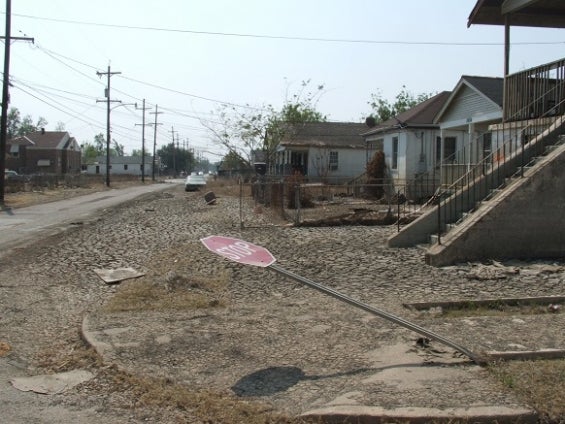Headline News
Teamsters: Investment Can End Small Town Decline

The Great Recession affected Americans living everywhere. But nowhere was it felt worse than in small-town America, which is bleeding population when compared to its big-city brethren in part due to the loss of job opportunities.
The nation’s largest cities are soaring compared to the rural U.S. In fact, those living outside metropolitan areas have experienced a population decrease for three straight years. And small metropolitan areas – places like Dalton, Ga. or El Centro, Calif. or Grand Junction, Colo. – aren’t doing much better.
As William Frey, a senior fellow with the Brookings Institution, wrote earlier this year, “In the three years following 2010, roughly six in 10 rural counties experienced population losses compared with less than half in the mid-2000s. Back then, fully 499 non-metropolitan counties showed annual growth rates over 1 percent compared with just 224 last year. The recession and credit crunch led to sharp declines in manufacturing-based counties, with 70 percent showing population declines since 2010.”
What remains are communities that former residents barely recognize. One National Public Radio journalist, who delved into the ills of her hometown after years away, noted it is now full of boarded up shops, high unemployment and a soaring drug use problem. And that report is hardly the only one of its sort.
Author Peter Van Buren recently toured several towns along the East Coast, ranging from Atlantic City, N.J. to Jacksonville, N.C., home of Camp Lejeune. He found those that largely relied on one private industry were limping along, while those in Jacksonville – bolstered by federal spending – were living a mid-20th century lifestyle many in America still long to revisit.
Of course, the problem is much worse for the millions who are left behind in these crumbling towns. As joblessness increases, despair grows. And with it, a descent into drug addiction — be it heroin or methamphetamine – for some.
This nation’s leaders should not turn their backs on their own constituents. Yet for years, they have been at the very least neglectful. Time and again, they’ve approved corporate sweetheart deals that have benefitted big business at the expense of workers. Whether its trade deals or financial bailouts and pension cuts, too often Congress has slighted the middle class at the expense of the billionaire boys club members like the Koch Brothers.
America’s return to greatness can only be fueled one way – through additional jobs that allow hard-working Americans to support their families with food on the table and a roof over their heads.
And that doesn’t happen through lousy trade deals like the Trans-Pacific Partnership. It comes when Congress decides to invest in this country’s greatest resource, its people.